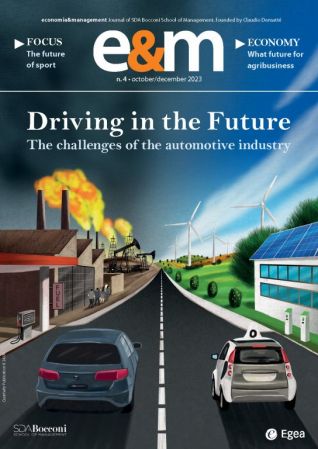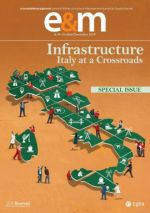E&M
2023/4
Sustainable Mobility Between Obligation and Aspiration
Sustainable urban mobility has become a crucial objective in response to global climate change and the United Nations' 2030 Agenda. The 2015 Paris Accord drew attention to the need to reduce greenhouse gas emissions and limit global warming, with the European Union even aiming for climate neutrality by 2050. This necessity implies a fundamental reform of mobility in urban areas. Smart cities are adopting various sustainable mobility applications; it is essential for cities to educate citizens about new technologies and promote service-based business models, such as Mobility-as-a-Service (MaaS), to reduce the uncertainty associated with electric vehicle purchases and encourage the use of sustainable alternatives. Local public administrations and private enterprises must collaborate to improve public transportation and existing mobility alternatives, creating an environment conducive to positive change.



